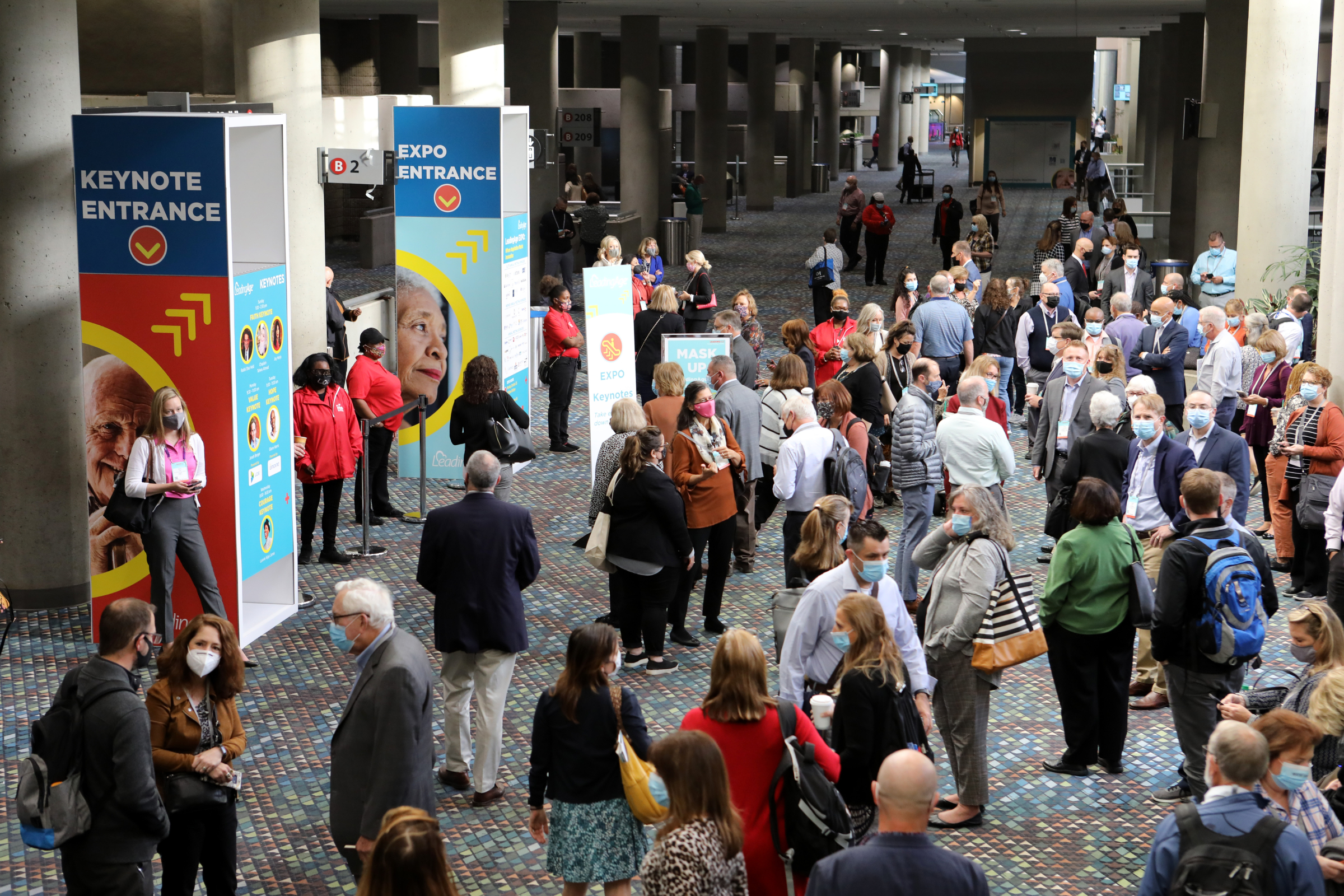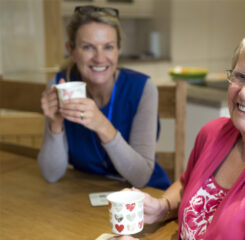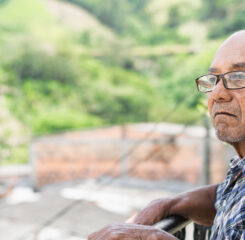A pilot program has shown the success of a data exchange system that helps keep older adults safe during disasters. Senior housing facilities and age-friendly communities can adapt this system, according to a news item by UCI Health.
Researchers at UC Irvine tested CareDEX (Enabling Disaster Resilience in Aging Communities via a secure Data Exchange) last fall during the Great California Shakeout earthquake drill. The drill took place at a senior housing facility and was shown on Zoom. First responders were able to locate, rescue, and treat older adult residents.
The platform gives authorized first responders information about living facilities such as floor plans, operational status, and number of occupants, said the release. It also provides important data on the residents’ health, such as the need for dialysis, oxygen, or even personal objects to reduce anxiety.
“This level of detail helps first responders improve response times and outcomes, especially by being able to immediately identify who needs specialized triage and critical care,” said the news release. “During the recent test, the platform’s data combined with sensors worn by residents of a senior care facility enabled first responders to identify and rescue an additional eight people who otherwise would have been missed.”
A disproportionate number of older adults are injured or die during disasters, but the initial disaster is seldom the cause of death. “Fatalities are frequently tied to what happens afterwards—the lack of timely care for individuals who need dialysis or medication or the lack of power for oxygen-dependent patients,” said Nalini Venkatasubramanian, PhD, the project’s principal investigator and professor of computer science at the Donald Bren School of Information and Computer Sciences.
Challenges for rescuers include how to quickly evacuate someone who has mobility issues or someone who needs specialized equipment to live. Rescuers must also be able to help a resident with dementia who may not understand the emergency or who may be agitated or non-responsive.
The CareDEX platform was developed with a $1 million Civic Innovation Challenge grant from the National Science Foundation in partnership with the U.S. departments of Energy and Homeland Security. The next step is to determine where CareDEX could best fit into the California and U.S. natural disaster response systems, said Lisa M. Gibbs, M.D., the Ronald Reagan Endowed Chair and chief of the Division of Geriatric Medicine & Gerontology at the UCI School of Medicine and key project partner.

 Shutdown Week Three: Impact of Ongoing Closure on Affordable Housing
Shutdown Week Three: Impact of Ongoing Closure on Affordable Housing


